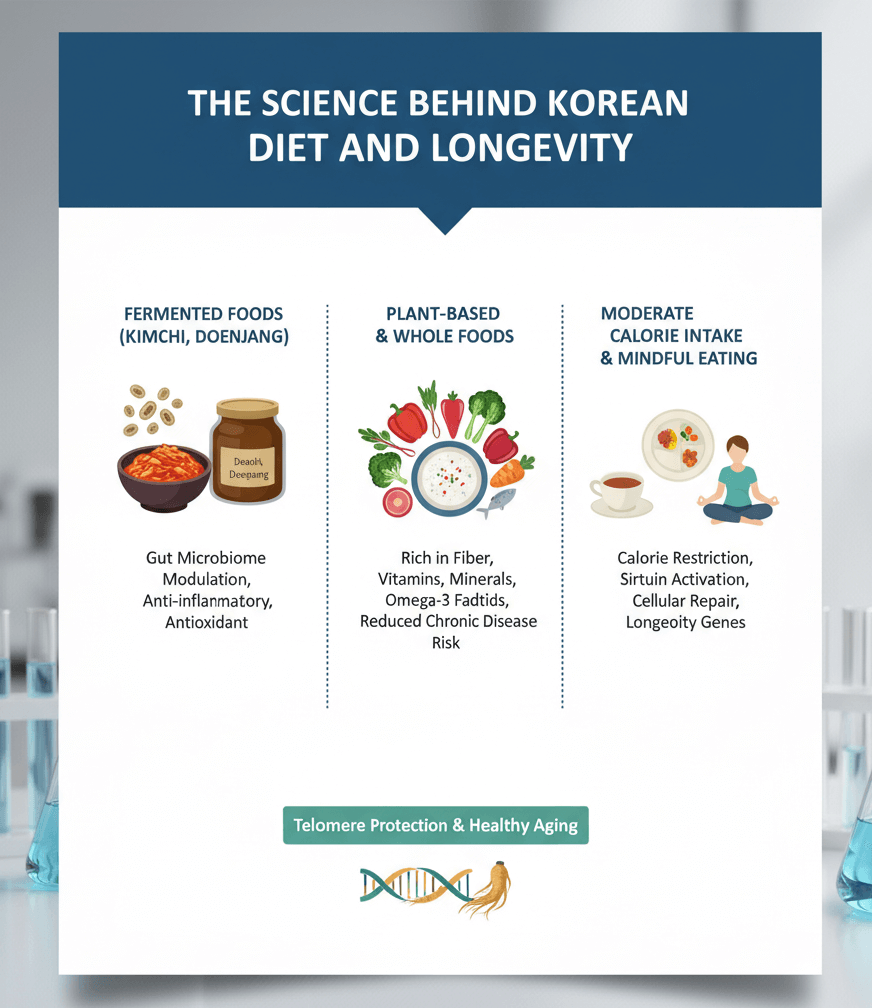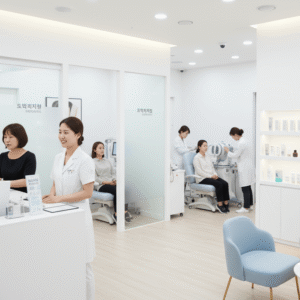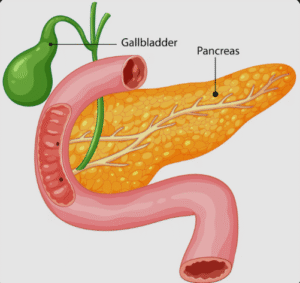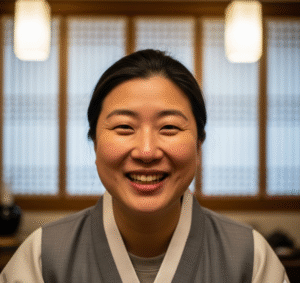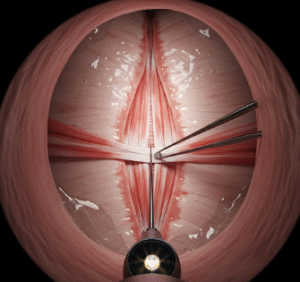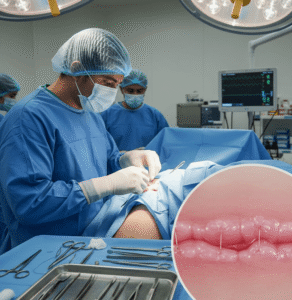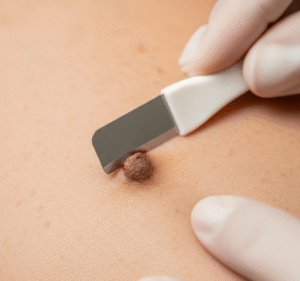In recent years, a powerful movement has taken root in South Korea — the “Well-Aging” diet trend. Unlike the Western obsession with anti-aging, which focuses on fighting the visible signs of getting older, Well-Aging embraces a more holistic view. It’s about aging gracefully, maintaining inner health, and nurturing both the body and mind through balanced eating and mindful living.
In Korea, this approach isn’t just a diet — it’s a lifestyle philosophy supported by nutrition science, traditional medicine, and centuries of food wisdom. Let’s explore what makes the Korean Well-Aging diet so effective and how you can bring its benefits into your own life.
What “Well-Aging” Really Means
The concept of Well-Aging is rooted in balance, prevention, and nourishment rather than restriction. Koreans believe that healthy aging starts young — by nurturing the body consistently with natural, nutrient-rich foods.
• Focus on vitality, not youth: The goal isn’t to look 20 forever but to stay energetic, flexible, and mentally sharp as you age.
• Mind-body connection: Korean Well-Aging emphasizes emotional balance, stress control, and gut health — key factors that influence aging from within.
• Preventive nutrition: Instead of reactive diets, the focus is on daily habits that support longevity.
In other words, it’s not about fighting age — it’s about thriving through it.
Core Principles of the Korean Well-Aging Diet
The Well-Aging diet follows a simple yet powerful set of principles inspired by both traditional Korean medicine (Hanbang) and modern nutrition.
• Eat whole, unprocessed foods: Fresh vegetables, grains, legumes, and sea-based ingredients are preferred over refined or artificial foods.
• Balance yin and yang: Meals are designed to harmonize warming (yang) and cooling (yin) foods, maintaining the body’s natural equilibrium.
• Diverse nutrients: A typical Korean meal includes five colors — green, red, yellow, white, and black — representing a spectrum of vitamins and antioxidants.
• Moderation and variety: Koreans believe in eating small portions of many dishes (banchan) rather than one large meal.
• Fermented foods for the gut: Kimchi, doenjang (soybean paste), and makgeolli (rice wine) provide beneficial probiotics that support digestion and immunity.
Tip: To practice Well-Aging at home, build meals that combine fresh vegetables, lean protein, fermented foods, and healthy grains every day.
Key Superfoods in the Korean Well-Aging Diet
1. Seaweed (Miyeok, Gim)
• Rich in iodine, iron, and antioxidants.
• Helps regulate metabolism and detoxifies the body naturally.
• Supports thyroid health and keeps skin firm and radiant.
2. Fermented Soy (Doenjang, Cheonggukjang)
• High in plant-based protein and probiotics.
• Improves gut flora, which is vital for nutrient absorption and mental clarity.
• Contains isoflavones that help balance hormones during aging.
3. Ginseng (Insam)
• Boosts energy, focus, and resilience.
• Known to reduce fatigue and enhance immune strength.
• Acts as a natural adaptogen, supporting the body under stress.
4. Barley and Brown Rice
• Packed with fiber to maintain stable blood sugar levels.
• Promote gut health and reduce the risk of heart disease.
• Encourage a sense of fullness and support weight management.
5. Green Tea
• A rich source of catechins, which combat free radicals and oxidative stress.
• Supports brain function, skin health, and fat metabolism.
• Encourages calmness and mental focus through L-theanine.
Modern Science Meets Traditional Wisdom
Research supports what Koreans have known for generations: food is medicine. The Well-Aging diet is full of foods that naturally regulate inflammation, protect the heart, and improve longevity.
• Studies show that antioxidant-rich foods like green tea, seaweed, and fermented vegetables reduce cell damage and slow aging.
• Regular consumption of fermented soy has been linked to better gut health, bone strength, and hormonal balance in postmenopausal women.
• Diets rich in whole grains and omega-3 fats reduce the risk of chronic diseases such as diabetes and high cholesterol.
By combining modern science with traditional food knowledge, the Well-Aging diet offers a sustainable and enjoyable path to lifelong health.
The Role of Mindful Eating
The Korean approach to food goes beyond what’s on the plate — it’s about how you eat.
• Slow and social meals: Koreans enjoy eating with family or friends, which enhances emotional well-being.
• Appreciation for ingredients: Meals are seen as a form of gratitude toward nature.
• Portion control: Instead of overeating, Koreans prefer modest servings that leave room for comfort and digestion.
Idea: Practice mindful eating by sitting down at a table without screens, savoring each bite, and noticing flavors and textures. It enhances both satisfaction and digestion.
Beauty from Within: The Skin Connection
One of the reasons the Well-Aging diet is so popular among Koreans is its visible beauty benefits. A healthy gut and balanced nutrition lead to clearer skin, fewer wrinkles, and better hydration.
• Omega-3s from fish and sesame seeds maintain skin elasticity.
• Antioxidants in green tea and berries protect against sun damage.
• Collagen-friendly nutrients from soy and seaweed support firmness.
Many Koreans say, “Beautiful skin starts in the stomach” — and the Well-Aging diet proves it true.
Lifestyle Habits that Support Well-Aging
The Well-Aging philosophy goes hand-in-hand with healthy lifestyle practices that complement diet:
• Stay active daily: Walking, yoga, and gentle stretching maintain flexibility and circulation.
• Sleep well: Quality rest promotes cell repair and mental clarity.
• Manage stress: Meditation and herbal teas help balance the mind and body.
• Hydrate naturally: Drink plenty of water, barley tea, or herbal infusions throughout the day.
These simple, consistent habits enhance both physical resilience and emotional balance — the essence of true well-aging.

